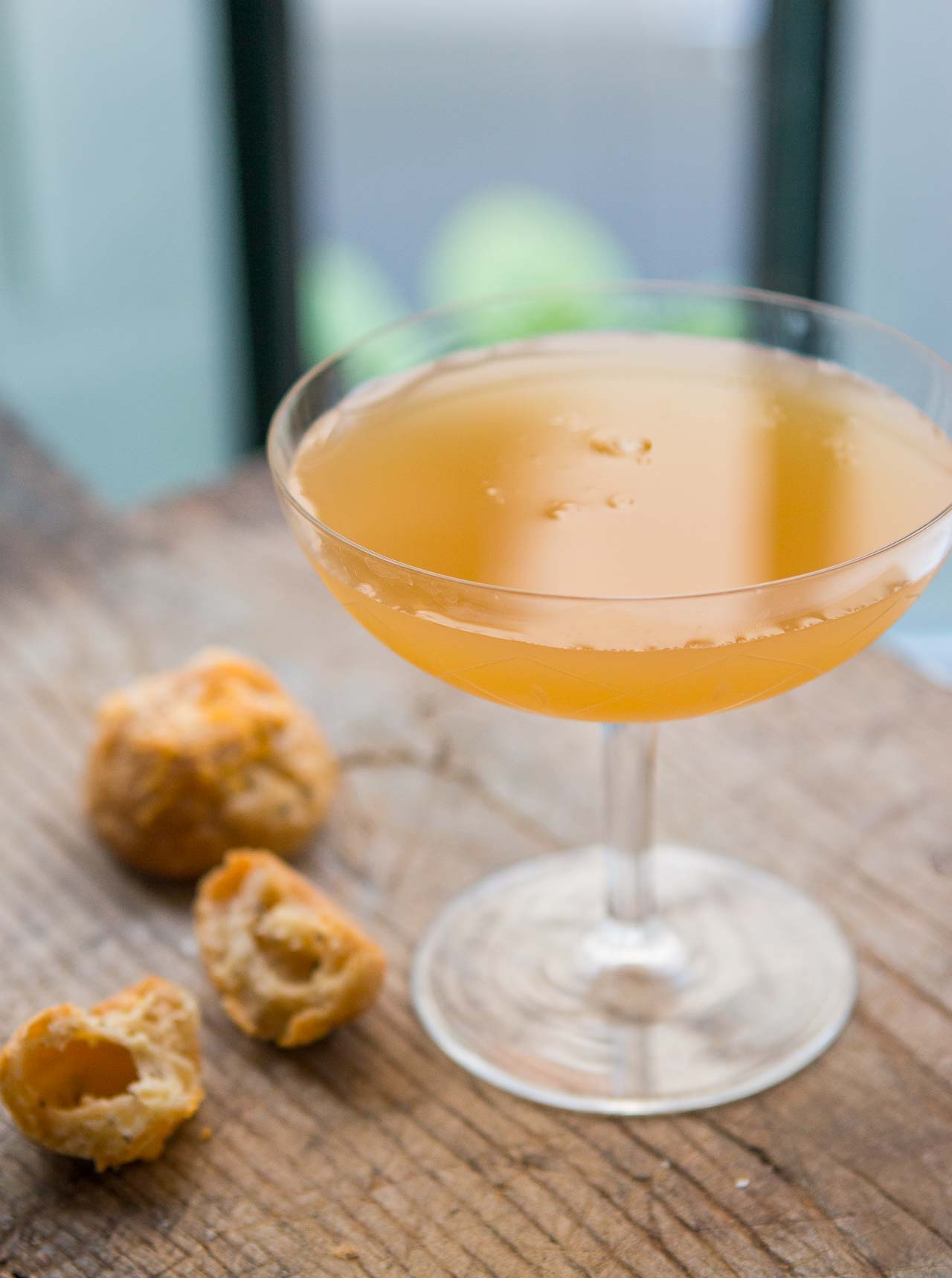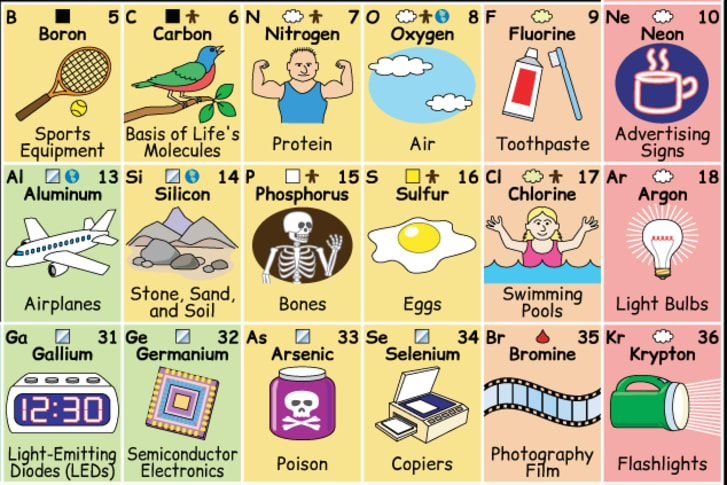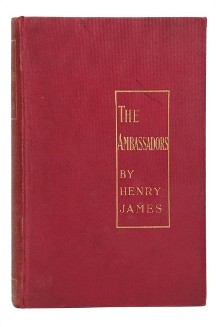
After the controversy regarding Alison Roman written about here and elsewhere, I started thinking about recipes, where they come from, how I use them, and how I think about them.
A recipe is usually instructions for how to do something. Typically we associated it with food preparation. Recipes list ingredients and steps to prepare the ingredients. They tell you how many people the recipe typically feeds. Sometimes they tell you other things, like nutritional information.
Some recipes are like open source software. You can take a recipe and modify it to make it your own, just like open source software. Other recipes are not open and kept secret, like the formula for certain soft drinks, or the recipe for a certain fried chicken. Some are even patentable (although good luck with that).
Some recipes are associated with regions or cultures. If you think of bouillabaisse, you think of France. Risotto: Italy. Sushi: Japan. Some recipes and dishes transcend regions and become universal. Dumplings are like that. Noodles too. The same goes for ingredients: you can find basil and oregano in many recipes all over the world, and garlic is about as universal ingredient as any.
Some are associated with certain people, such as Marcella Hazan’s tomato sauce. You can claim making tomato sauce with butter and onion and tomatoes is a recipe of yours, but by now it is associated with Marcella Hazan. Likewise with Martha Stewart’s One-Pot Pasta. It’s not like no one has ever made such a dish before, but now we associate them with one particular person.
Alison Roman is a person who has had success with recipes that became associated with her, namely her chocolate chunk shortbread cookies (” the cookies”) and her chickpea stew (“the Stew”). The Stew in particular got me thinking about recipes and ingredients and how people go about making recipes. For example, if a recipe is based on another recipe, should the author mention that? It likely depends on the publication and other factors. For example, with someone like Deb Perleman, you get a lot of detail about the recipe before she goes into it. Or with Hugh Acheson where he talks about the origin of his catfish stew recipe before proceeding to list the steps and ingredients.
Some people (like me) prefer recipes with those details; other people just want the recipe. Anyone creating and publishing recipes needs to decide how much detail to include, depending on their audience. In publications like Bon Appetit, there is often space allocated only for the recipe itself. I don’t know what the text was wrapped around this recipe for a Zingy Red Sauce when it was published, but I assuming it matched the minimum detail found on the web site. Now is this recipe a derivation of a Romesco Sauce (also in Bon Appetit)? Possibly. Likewise this Seafood Stew for Two Recipe in Bon Appetit. This stew shares a lot of ingredients with this classic Cioppino Recipe also in Bon Appetit, but it is also varied enough to consider it to be it’s own recipe.
I think Roman does variations of recipes not infrequently, which aligns with her belief that she won’t ask you to do any more than you have to, while still making it a good dish. So this recipe for Summer Greens with Mustardy Potatoes and Six-Minute Egg Recipe in Bon Appetit is not unlike a stripped down Nicoise salad, but it is not a Nicoise salad despite some commonality. That I think explains the success of her recipes: she takes ingredients and recipes and strips them down somewhat while still making them look good, taste good, and accessible for home cooks to make.
She has not been called out for making recipes with strong European origins. But where she ran into trouble with The Stew is that she seemed to take some ingredients that resembled a curry and had it identified with her. If The Stew associated with her was the seafood stew above or this Fish Stew with Fennel and Baby Potatoes, then she still would have had a problem for the insulting things she said, but it is less likely she would have been criticized with terms like “Columbus Cuisine” and accused of ripping off other cultures and enriching herself at their expense. I don’t believe she does that, but that has been a lively topic of debate with smarter food writers than me.
I don’t think her approach to writing recipes is wrong. I can’t say that recipes going viral is bad. What I will say is ultimately it is better if we read from a diverse range of food writers who can bring not just interesting recipes to publication, but the interesting stories that go with them. I also think it is good when people from different backgrounds can explore the recipes and ingredients of other cultures and make something new with them while acknowledging what the inspiration is. This is much better than remixing an older recipe without attribution. I’d add that acknowledging the origins of an ingredient can’t hurt either. After awhile some of those ingredients may seem universal. Perhaps kimchi will become as common as dill pickles in North American kitchens, and turmeric becomes as frequently used as cumin.
I think publications can do a better job of not just publishing recipes but educating their readers. Likewise, I think sharing, innovating and educating others on food is a great thing, and I hope recipe writers from all background can borrow and improvise and create new dishes. They won’t be quite as eclectic as these recipes that resulted from a collaboration with IBM’s Watson computer and Bon Appetit, but they will inspire us and help us prepare better meals and make our lives better.


:format(webp):no_upscale()/cdn.vox-cdn.com/uploads/chorus_asset/file/6590809/7.png)








:format(webp):no_upscale()/cdn.vox-cdn.com/uploads/chorus_asset/file/19949123/919731844.jpg.jpg)














